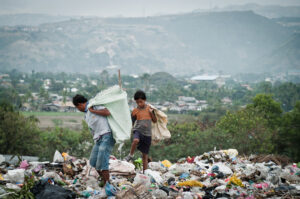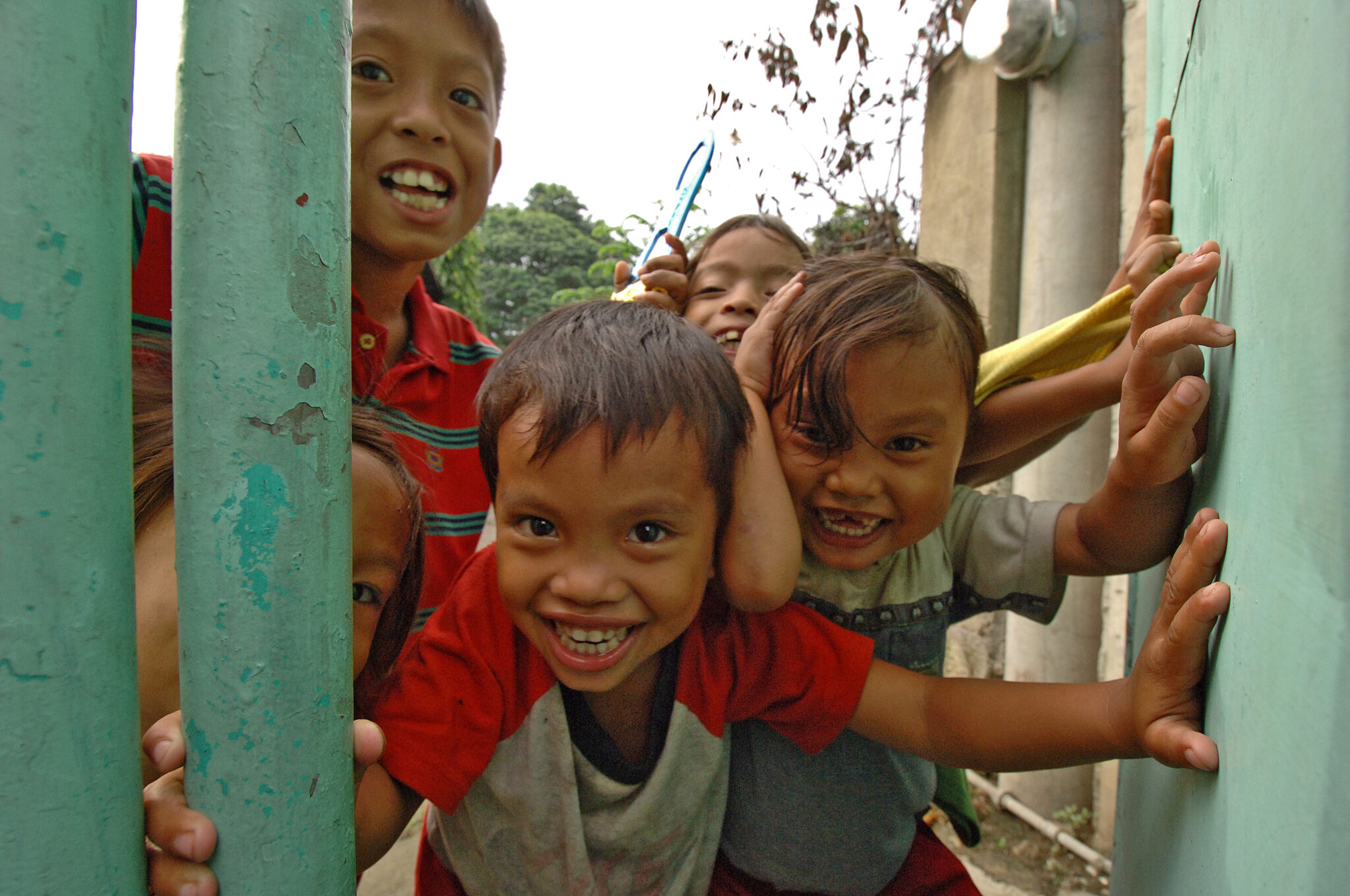Tackling Educational Challenges in Philippine Informal Settlements: Navigating Limited Funding
Limited funding has cast a profound impact on education in Philippine slums and informal settlements, perpetuating a cycle of poverty and inequality. Insufficient financial resources have resulted in overcrowded classrooms, inadequate facilities, and a scarcity of qualified teachers. As a consequence, the quality of education provided to children living in these marginalised communities is compromised. Scarce funds contribute to a shortage of learning materials and outdated textbooks, hindering students’ access to relevant and up-to-date information.
Additionally, the absence of essential infrastructure, such as libraries or computer labs, limits opportunities for students to expand their knowledge. Furthermore, inadequate funding results in low teacher salaries, discouraging skilled educators from working in these areas. Consequently, students are often left with underqualified teachers who may struggle to provide the necessary guidance and support.
Addressing Educational Challenges: The Vital Role of Nonprofit organisations
In the Philippines’ slums and informal settlements, pervasive educational challenges hinder opportunities for social mobility. Nonprofit organisations play a crucial role in addressing these issues and providing educational support to marginalised communities. Firstly, nonprofits focus on improving access to education by establishing schools or learning centres within slum areas, creating safe spaces for children who lack access to formal education due to poverty or inadequate infrastructure.
Secondly, nonprofit organisations provide scholarships and financial aid programmes, enabling children from slums to pursue higher education. By removing financial barriers, these organisations empower students to break free from the cycle of poverty and achieve their aspirations. Furthermore, nonprofits offer supplemental educational programmes such as after-school tutoring, vocational training, and computer literacy classes.

These initiatives equip individuals with essential skills for better job prospects and increased economic opportunities.

To mobilise funding and improve education in Philippine informal settlements, several strategies can be implemented. Establishing partnerships with local and international organisations, charities, and corporate sponsors can secure financial support for educational initiatives. This can also provide access to resources, expertise, and funding opportunities.
Advocating for government support and policy changes is crucial. Engaging with policymakers at various levels to prioritise education in informal settlements can lead to increased budget allocations and targeted programmes. This includes highlighting the importance of education in breaking the cycle of poverty and fostering social mobility.
Furthermore, community involvement plays a vital role in mobilising funds for education. Encouraging active participation from residents through fundraising events, community campaigns, and volunteer programmes not only generates financial contributions but also fosters a sense of ownership within the community. Lastly, leveraging technology can be an effective strategy.
Inspiring Change: Nonprofits Transforming Education for Slum Dwellers in the Philippines
In the bustling streets of Philippine slums, where poverty and educational limitations prevail, dedicated nonprofits are tirelessly working to uplift the lives of slum dwellers. One standout organisation, “Education for All“, aims to provide quality education to children living in informal settlements. Through their innovative programmes, they have successfully established learning centres within the slums, offering free education and vocational training.
Another noteworthy nonprofit is “Rise Up Philippines,” which focuses on empowering young girls in slum communities through education. By providing scholarships and mentorship programmes, they have helped countless girls break free from the cycle of poverty and pursue higher education. Moreover, “YouthBuild Philippines” has made significant strides in addressing the educational needs of slum dwellers. Their initiative offers vocational training programmes that equip young adults with valuable skills necessary for employment opportunities.

Similarly, Children of the Mekong are among how we can support street children. Child sponsorship is crucial in providing education and vocational training for substantial and sustainable employment. Obtainment of education for children in rural areas increases employment prospects as adults with potentially better pay and improved working environments. Ultimately, this fosters community development, allowing individuals to contribute positively to their local economies.
In conclusion, in the midst of poverty and limited access to education in Philippine slums, nonprofits are making significant strides. Their innovative programmes and initiatives offer hope and opportunities to slum dwellers, providing quality education, vocational training, and mentorship. These success stories underscore the importance of targeted efforts in addressing educational challenges and breaking the cycle of poverty in marginalised communities.
If you want to travel in Asia and give sense to your trip, get off the beaten track to find and enjoy more authentic experiences…. If you want to have a positive impact on the country you are visiting? Sponsoring a child and going to meet them is probably the best way to include your trip in an ethical, solidarity-based and long-lasting approach!

